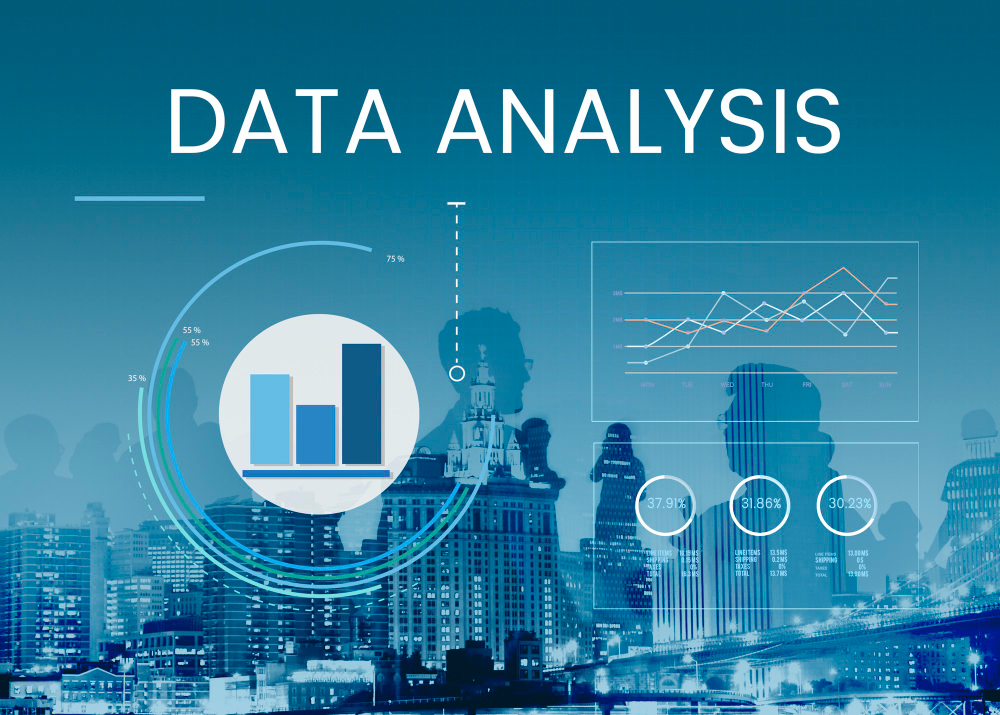Everything about a PhD in Data Sciences
A PhD in Data Sciences involves learning the skills of data science, which helps you to understand how data is used in different fields. It also helps you to create algorithms that can help predict future outcomes using data. There are several universities offering this course across India and abroad so if you are looking for more information about this topic then read on!
What does a PhD in Data sciences involve?
- A PhD in Data Sciences involves learning and doing research in the field of Data Sciences. The program is designed to help students develop the skills required to become a researcher in the field of Data Sciences.
- The curriculum for this degree consists of three main areas: Theory, Statistics and Computer Science. These three areas cover various aspects related to data science including: machine learning; data mining; database systems; data analysis and modeling; information retrieval or search engines etc.
- This program is designed to help students develop the skills required to become a researcher in the field of Data Sciences. The curriculum for this degree consists of three main areas: Theory, Statistics and Computer Science. These three areas cover various aspects related to data science including: machine learning; data mining; database systems; data analysis and modeling; information retrieval or search engines etc.
What is Data Science?
The field of Data Science is broad enough to encompass many different topics. It can be used for many different purposes, including:
- Marketing and advertising analytics
- Healthcare research (e.g., to identify biomarkers or predict disease)
- Financial services (e.g., to detect fraud)
- Government (e.g., to predict crime in a certain area)
- Data Science is a fairly new field, but it’s growing rapidly. According to the Bureau of Labor Statistics (BLS), employment in “Computer and Mathematical Sciences” is expected to grow by 13% from 2016-2026. The BLS also predicts that Data scientists will be one of the fastest growing jobs over this period.

Subjects to opt in a PhD in Data Sciences:
You can opt for a PhD in Data Sciences by choosing any field that requires a lot of data analysis. The following fields are more common than others:
- Mathematics, Statistics and Computer Science
- Economics and Business Analytics (e.g., financial management)
- Machine Learning (e.g., artificial intelligence)
- Data Visualization (e.g., geospatial analysis)
- Data Journalism and Information Design (e.g., visual storytelling).
What Does It Take to Be a Data Scientist?
- Becoming a data scientist requires several years of training and experience in mathematics, statistics, computer science and business. You should also have experience with programming languages such as R or Python.
- You can get a master’s degree in data science or analytics to develop your skills and learn more about the field. You should also consider getting a PhD in statistics, mathematics or computer science, if you want to pursue an academic career.
What Is the Typical Job Description of a Data Scientist?
- Data scientists use statistics and programming skills to analyze large data sets. They typically work in teams with business analysts, software developers and other data scientists to solve business problems and develop new products.
- Some data scientists specialize in machine learning, which uses algorithms to learn from past experiences and make accurate predictions about future events. This can help companies predict when their customers will buy or what type of advertising campaigns are most effective for each audience.

Career Outlook of a PhD in data Sciences
Data Science is a fast-growing field, and the demand for qualified individuals with expertise in it is increasing. The data science job market offers many opportunities to those who have completed their PhD in data sciences.
A PhD in Data Sciences requires an extensive background in mathematics, statistics, computer programming and programming languages (such as Java) as well as some knowledge of physics or engineering. Candidates should also possess excellent written communication skills and problem-solving abilities because they will be required to work on projects under tight deadlines with other professionals from different disciplines such as business analysts etc.
Indian Universities offering a PhD in Data Sciences
The following universities offer PhD admission programs in Data Sciences:
- Indian Institute of Technology Delhi (IITD)
- Indian Institute of Technology Bombay (IITB)
- Indian Institute of Technology Madras (IITM)
- Indian Institute of Technology Kanpur (IITK)
This is a list that you can check out if you’re interested in getting a PhD degree from one of these prestigious institutes.
How to apply for a PhD in Data Sciences
To apply for a PhD in Data Sciences, you need to:
- Apply to universities that offer a PhD in Data Sciences; this is usually done by submitting an application form with your CV and reference letters. You may also have to attend an interview at the university or take part in other activities such as workshops or conferences organized by them.
- Study for the entrance examination which is usually held twice a year (once in January and March) at each university’s location where it offers its own degree programs. The exams consist of three parts: written test, oral presentation and project work (which consists of two parts). These tests are held at different times throughout these months so that students can choose whether they want their studies based solely around their dissertation research or if they would rather focus more on preparing for another type of job after graduation too!

It is important to understand the application of Data Sciences in the real world.
Data Sciences is a multidisciplinary field that involves the use of mathematics, statistics and computer science. It is important to understand the application of Data Sciences in the real world. For example, it can be used in business to improve decision-making through analysis of data about customers’ behavior, or for healthcare professionals who want to predict trends based on large amounts of patient information collected from medical records databases such as Medicare.
Data Science also has applications in education where teachers can use machine learning technology (MLT) before teaching students new concepts so that they can learn faster by having a better grasp on what they’re learning at each step along their path towards mastery!
A PhD in Data Sciences is an exciting career option. A PhD in Data Sciences can help you achieve your goals and make a difference to the world. For more information on how to pursue this course of study, check out our website for more information on PhD Admissions.

